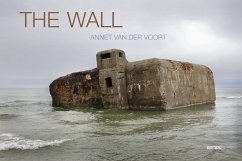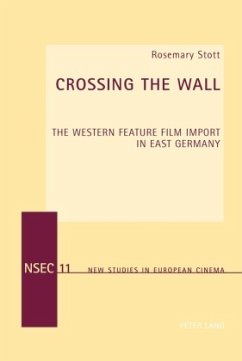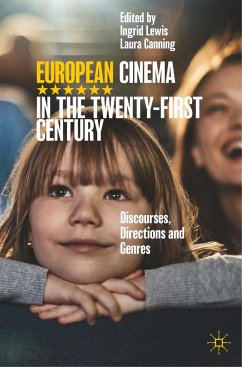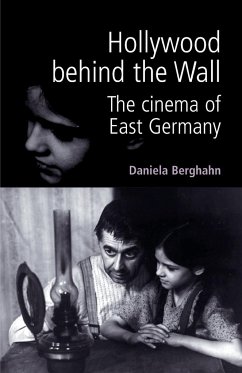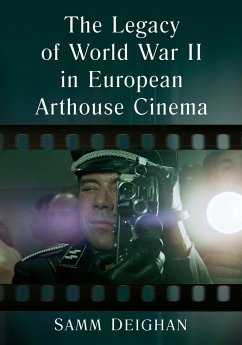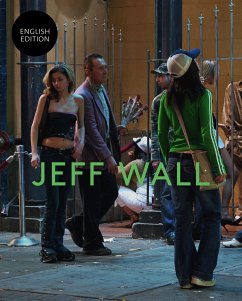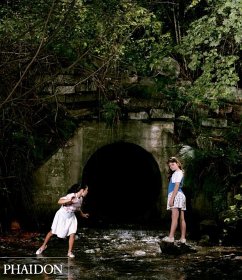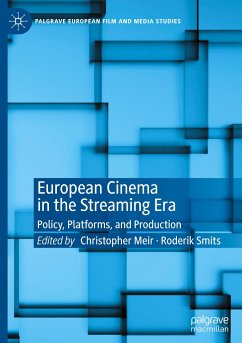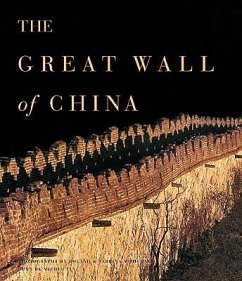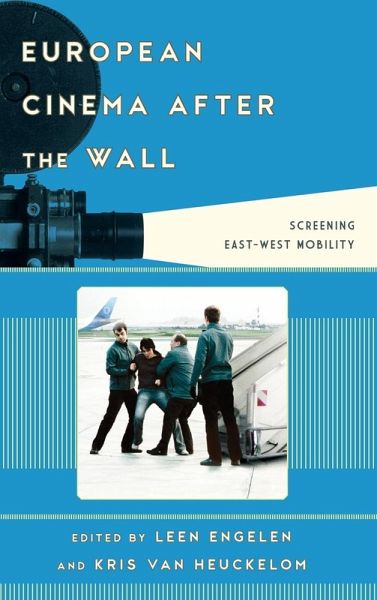
European Cinema after the Wall
Screening East-West Mobility
Herausgeber: Leen Engelen, Leen Engelen; Heuckelom, Kris van
Versandkostenfrei!
Versandfertig in 1-2 Wochen
122,99 €
inkl. MwSt.
Weitere Ausgaben:

PAYBACK Punkte
61 °P sammeln!
The past three decades have seen the rise of a transnational European cinema, not only in terms of production, but also in terms of a growing focus on multi-ethnic themes within the European context. The collapse of the Iron Curtain and the subsequent (and on-going) enlargement of the European Union have played a major role in this shift from national to trans-European filmmaking. Its most obvious on-screen manifestation is the increased visibility of immigrant groups from former communist countries, ranging from Krzysztof Kies¿lowski's Blanc (1994) and Pawel Pawlikowski's Last Resort (2000) ...
The past three decades have seen the rise of a transnational European cinema, not only in terms of production, but also in terms of a growing focus on multi-ethnic themes within the European context. The collapse of the Iron Curtain and the subsequent (and on-going) enlargement of the European Union have played a major role in this shift from national to trans-European filmmaking. Its most obvious on-screen manifestation is the increased visibility of immigrant groups from former communist countries, ranging from Krzysztof Kies¿lowski's Blanc (1994) and Pawel Pawlikowski's Last Resort (2000) to Hans-Christian Schmid's Lichter (2003), Ken Loach's It is a Free World (2007) and Bobby Paunescu's Francesca (2009). Through its focus on cinematic representations of post-1989 migration from the former Eastern Bloc to Western Europe, When East and West Meet seeks to examine what these films reveal about the cultures producing and consuming these migration narratives and to what extent these images function as a site for new (trans)regional, (trans)national and European identities. When East Meets West explicitly crosses the boundaries of national cinemas and sets out to uncover an array of common tropes and narrative devices that characterize the influences and portrayals of immigration from the former Eastern Bloc.





